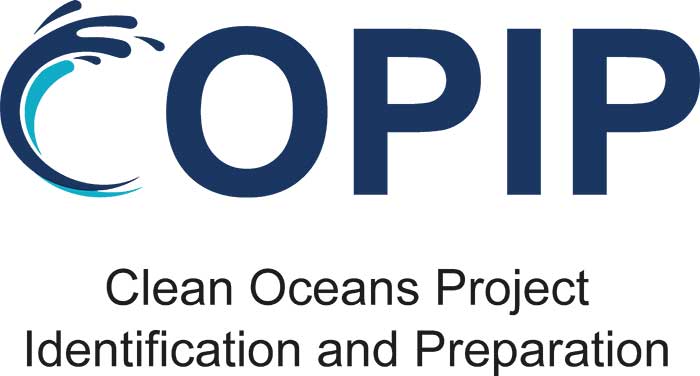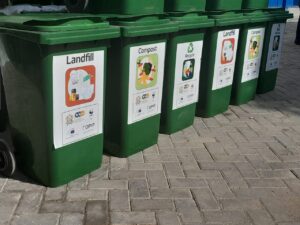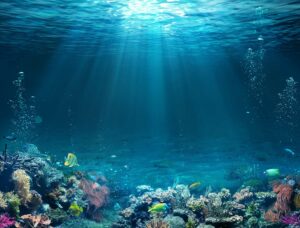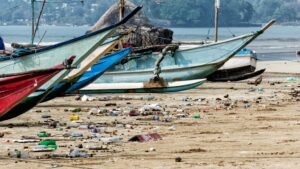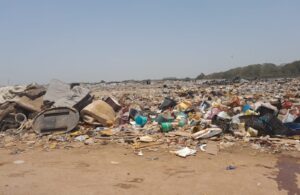The Greater Nokoué region is the most populated area of Benin, with 2.8 million inhabitants, and covers the country’s administrative capital, Porto-Novo, and economic capital, Cotonou. The Greater Nokoué region generated an estimated 607,000 tonnes of household and similar waste in 2023.
A programme to modernise solid waste management (SWM) in the Greater Nokoué region was initiated in 2019 by the government, with, in its initial stages, the creation of the SGDS (‘Société Gestion des Déchets et de la Salubrité’, waste management and sanitation company) to manage SWM and improve the pre-collection, collection and transportation of household waste and provide controlled landfills for the region.
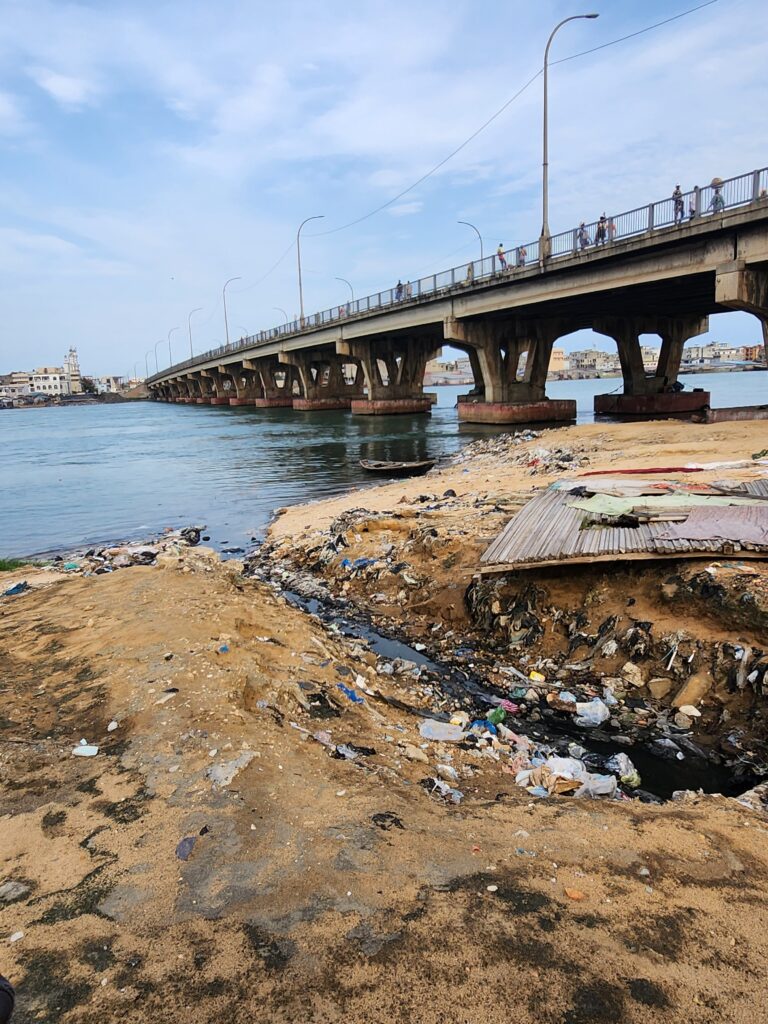
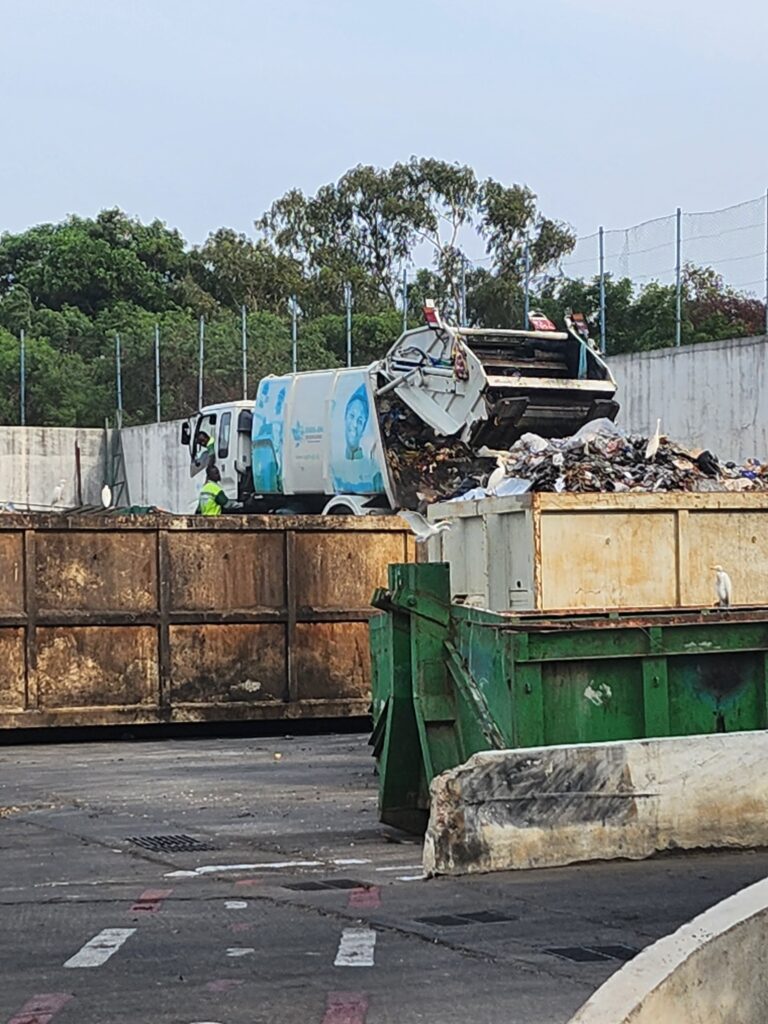
The aim of the Clean Oceans Project Identification and Preparation (COPIP) programme is to support the next phases of the SWM Modernisation Project in Greater Nokoué, with a focus on increasing recycling in the region, reducing the quantities of waste going to landfill and improving the environmental performance of the landfills. More specifically, the project will:
- – Develop the use of separation at source of recyclables (metal, plastic and paper/cardboard) at the household and pre-collection level. This will include the provision of the infrastructure and equipment to develop the separation of recyclables at the communal waste collection points across the region (60 in total), which will be equipped to manage source-separated waste from the households as well as mixed waste to facilitate recovery and packing of recyclables.
- – Develop facilities for sorting recyclables. This will include the construction of sorting plants at four towns in the region: Sèmè-Kpodji, Ouidah, Porto-Novo and Abomey-Calavi. Each of the sorting plants will be equipped to recover, mechanically and manually, the metal, plastic and paper/cardboard from the collected waste, and each plant will have a capacity of 40,000 tonnes per year.
- – Develop composting facilities for biodegradable waste. A total of four composting plants will be constructed at the same sites as the sorting plants, with each designed to treat 20,000 tonnes per year of organic waste separated from the household waste, which will be transformed into 8,000 tonnes of compost per year for agricultural and horticultural use. The feasibility of also including the use of anaerobic digestion to treat organic waste is currently being assessed – this would allow the production of electricity for injection into the local grid.
- – Provide systems to manage the landfill gas and leachate at the existing landfill sites. These landfills have been operating for a number of years now, but are not currently equipped to manage the landfill gas and leachate generated by the waste. In line with best practices, these sites will be fitted with: (i) a network of landfill gas wells, with the collected landfill gas being combusted under controlled conditions in a flare stack; and (ii) a leachate treatment plant, using a combination of biological and physical techniques to purify the leachate drained from the landfill cells.
Currently, the feasibility study for the project is being carried out, including the environmental and social impact assessments, the financial and economic analyses, and the climate vulnerability analysis for the project.
